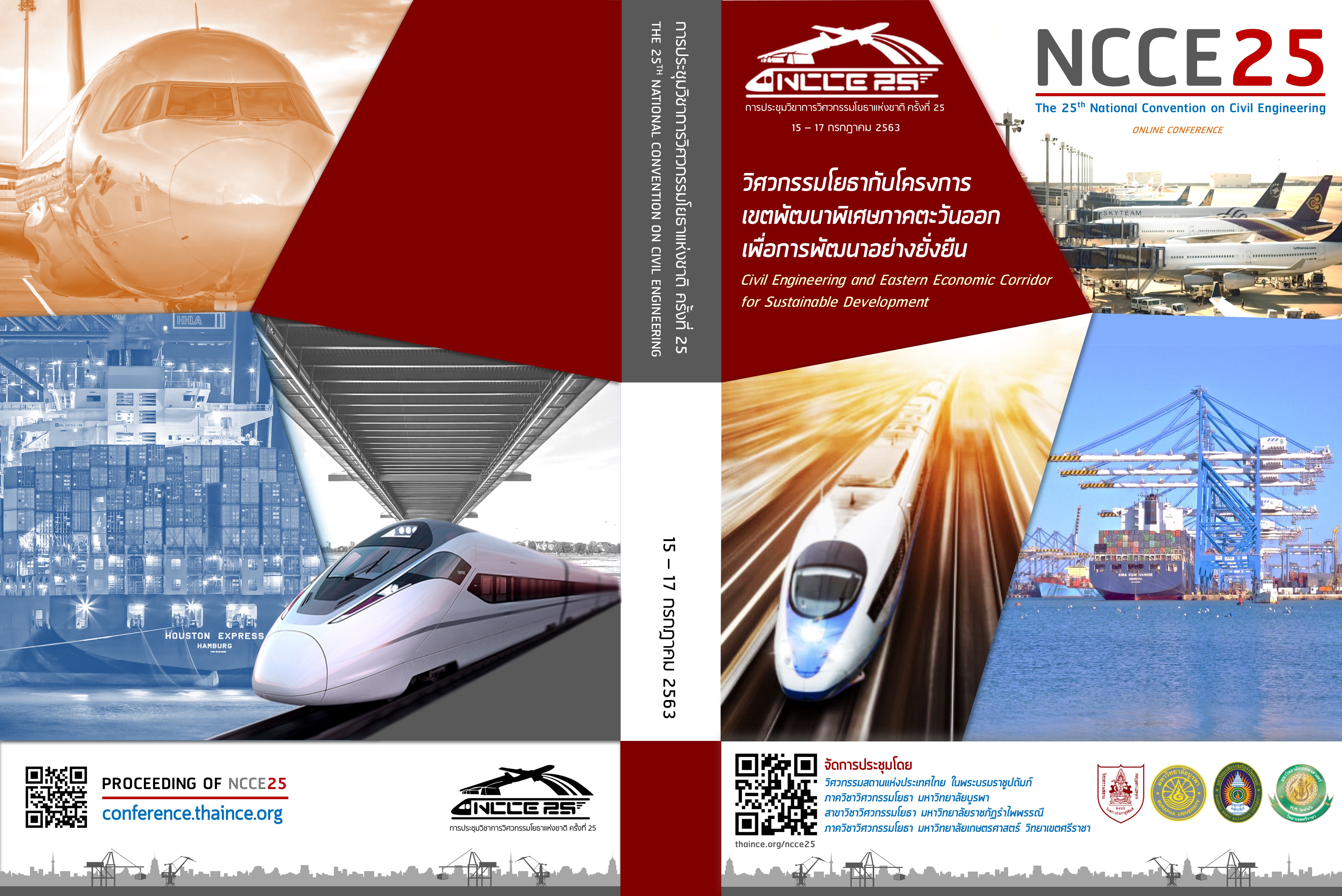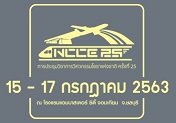Assessment of Engineering Training for Civil Engineering Students: Producer and Consumer’s Perspectives
Keywords:
Engineering Training, Civil Engineering, Assessment, Industry, Mahidol UniversityAbstract
Engineering training is a mandatory course in civil engineering curriculum for all Thai universities. All civil engineering graduates must pass this process in order to complete the degree. Engineering training is aimed to expose students to real working condition in order to prepare them to be the future civil engineer. All individual universities put high effort to control the quality of each step in the engineering training including selection of training places, supervision, and assessment. This article analyzed the assessment from the perspectives of producer (university) and consumer (industry) by using the 2561 B.E. engineering training database of 67 records. The data shows that the producer used 9 criteria, 6 points each, total of 54 points to assess the engineering training process. Meanwhile the consumer used 18 criteria, 5 points each, total of 90 points to assess the engineering training process. The scores from both groups are well above 80% which pass the requirement. The plot on the spider chart indicates the strength and weakness of students. By comparing the scores between groups, it is learned that the producer and consumer may perceive the quality of students differently. The results are useful for the development or improvement of civil engineering curriculum, process and teaching method to response to the need of consumers.
Downloads
Downloads
Published
How to Cite
Issue
Section
License
บทความทั้งหมดที่ได้รับการคัดเลือกให้นำเสนอผลงานในการประชุมวิชาการวิศวกรรมโยธาแห่งชาติ ครั้งที่ 25 นี้ เป็นลิขสิทธิ์ของ วิศวกรรมสถานแห่งประเทศไทย ในพระบรมราชูปถัมภ์



